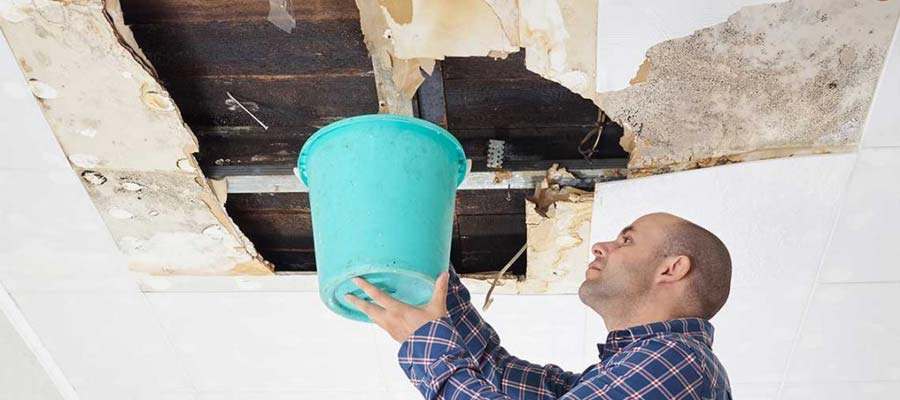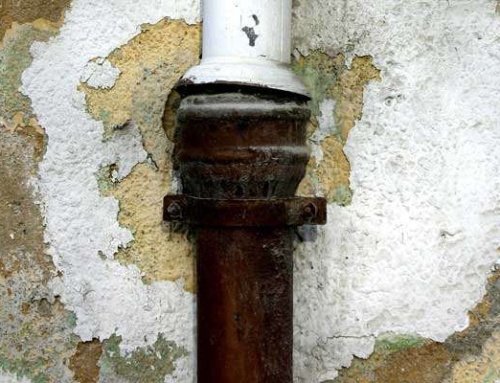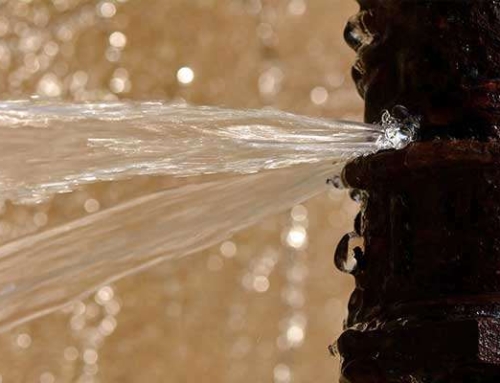Unless you have been completely ignoring the news for the past several weeks, you are already very familiar with the Novel Coronavirus and its global spread as well as the disease, COVID-19, that patients are developing from it. With all of the new information coming out at such a rapid pace, it can be difficult to keep up all of the latest developments. You have undoubtedly taken the necessary precautions to self-quarantine and protect yourself, but you might be wondering if you should be doing more. This is why our Florida Service Pro experts are here to answer an important question, “is Coronavirus able to pass through sewage?”
The Coronavirus and Sewage
The Centers for Disease Control and Prevention reports that there is only a fairly low chance that COVID-19 can pass through sewage systems. However, for now, the research is still inconclusive. This means there is a chance still that Coronavirus can pass through sewage, although there is not any evidence to suggest this currently. In the meantime, the virus has not been discovered in regular drinking water, and there is not any evidence currently that it can pass through hot tubs or pool. The virus has been discovered in feces, although for the time being, the riks of this virus being transmitted via human waste is also unknown.
It is worth noting that in 2003 during the SARS outbreak, some documented transmission did exist that was associated with sewage aerosol. The main reason why this bears mentioning is due to the fact that SARS was another Coronavirus that was similar has been shown to be able to survive for 2-14 days in untreated sewage. However, it is also shown in the data that the average chlorination process used by municipal wastewater systems might inactivate coronaviruses, or at least in those situations where utilities watch how much free available chlorine is used during treatment to ensure it is not exhausted.
Of course, sewage and wastewater workers should continue using best practices during these uncertain times. This includes wearing protective equipment, maintaining basic hygiene, and following all of the other standard procedures. For sewage workers, the CDC is currently not recommending any other precautions.
What Can I Protect Myself Against Wastewater?
The Bottom Line: although at this time it is not confirmed that regular chlorinating practices definitely guarantee that they kill the Coronavirus, it also hasn’t been confirmed whether or not the virus may be transferred at all through sewage. Therefore, for now, it appears that there is a fairly low chance that you can contract COVID-19 via sewage water.
However, if there has been a sewage backup or spill on your property, it still is very important to have a professional take care of it as soon as possible. Even if it is not very likely that you will contract Coronavirus via being exposed to wastewater, you still could be exposed to other viral diseases including hepatitis A and gastroenteritis, along with bacteria like salmonellosis, and also threadworm infection, and hookworm infection. This is why our restoration and cleaning professionals at Florida Service Pro provide sewage clean up in order to completely eliminate “black water” and help ensure your property recover from Category 1, 2 or 3 water damage. We also take great pride in being able to continue providing our regular commercial and residential services, including everything ranging from our specialized disinfecting and dehumidification services.
Be sure to contact Florida Service Pro to handle all of your restoration and cleaning needs. We will come fully equipped with all of the protective gear that is necessary, and work diligently to restore your property back to normal as soon as possible. Continue to check our blog for additional useful tricks and tips during this very difficult time, and continue following the CDC’s advice: sanitize and wash your hands frequently, avoid contact with people outside of your household, if you are feeling sick make sure to self-quarantine, cover sneezes and coughs, and disinfect and sanitize surfaces often. Remember, all of us are in this together.




